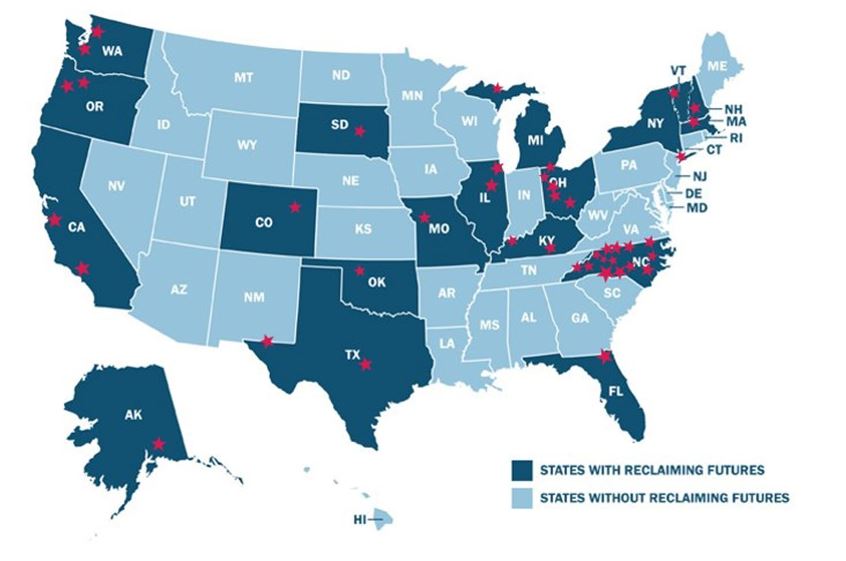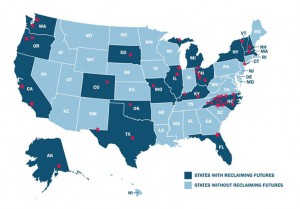Girls and Opioids: Vulnerabilities & Opportunities
By Reclaiming Futures, September 06 2017
In two separate blog posts in 2016, we discussed opioid use rates and substance use issues among adolescent girls involved with juvenile justice. In July 2017, the United States Department of Health and Human Services, Office on Women’s Health (OWH) released a report on opioid use, misuse, and overdose in women. The report provides information on the gender-specific issues and gaps in knowledge regarding females with substance use concerns/disorders. The report discusses the differences among females and males regarding the progression of substance use, the biological, social, and cultural issues (e.g., pain; relationships; family/parenting; trauma, determinants of health), effective treatments and barriers to implementation, and areas for further research. As it relates to adolescent girls (ages 12-17 years old), the report indicates they are more likely to use and become dependent on non-medical uses of prescription drugs as compared to adolescent boys. Access to prescription drugs can come from a home medicine cabinet and may help relieve mental health or physical pain symptoms and/or be part of their peer culture.








